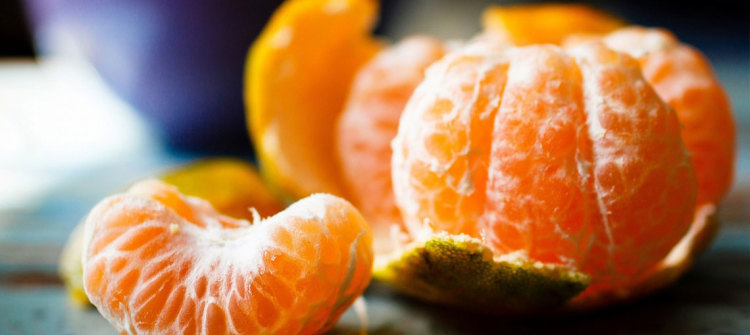Why choose organic food?
It’s more expensive. It can be harder to find. Is it really necessary? These are common thoughts that people have when looking at their wallets and looking at produce on the shelf. I look at it as, what is important to me? What do I value? Where does health stand on my list of priorities?
In our modern world of wi-fi, smart phones, and increasing environmental pollution, we no longer live in a world that is free of toxins. Although we have built in systems to keep our bodies free of disease (the liver, kidneys and immune system), are we doing enough to keep our bodies clean with all the influx of toxins? It’s a fine balance and we want to be on the upside of health at all times.
Antioxidants exist in all fruits and vegetables and provide significant benefit to us. However, if we are biting into shiny, waxy apples, eating up succulent chemical ridden celery and nibbling on pesticide rich strawberries, we are not doing ourselves any favors. If we are doing our best to stay healthy by exercising, keeping healthy sleeping habits, and minimizing stress, don’t we want the most out of the food we’re eating?
I’ve used the Environmental Working Group’s (EWG.org) information for over a decade now to stay current with health news related to produce. For people on a budget or who may not have many organic options, they help people decide where sticking to organic is the better choice. They have an excellent list called The Dirty Dozen which reviews the fruits and vegetables that take up the most amount of pesticides based on USDA and FDA data testing for pesticide content. They include (from highest to lowest amounts of pesticides) peaches, apples, bell peppers, celery, nectarines, strawberries, cherries, kale, lettuce, grapes (imported), carrot, pears.
Next time you go shopping, I’d have this list ready to know where to spend a little extra to buy organic.



